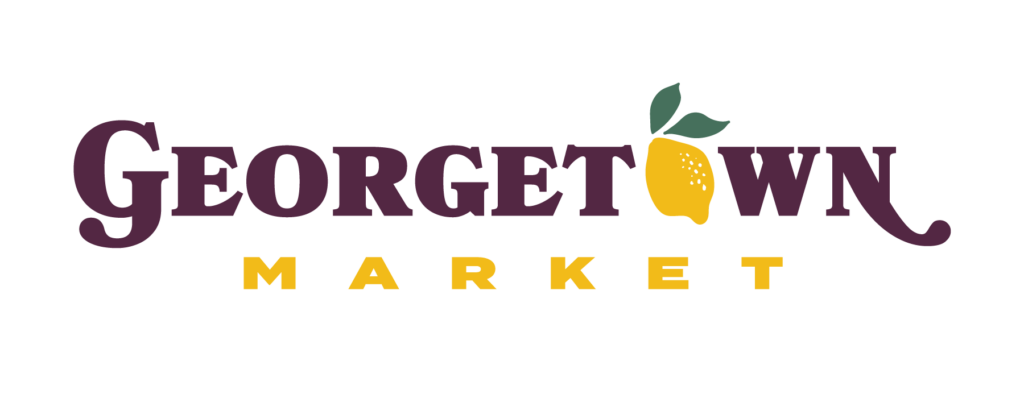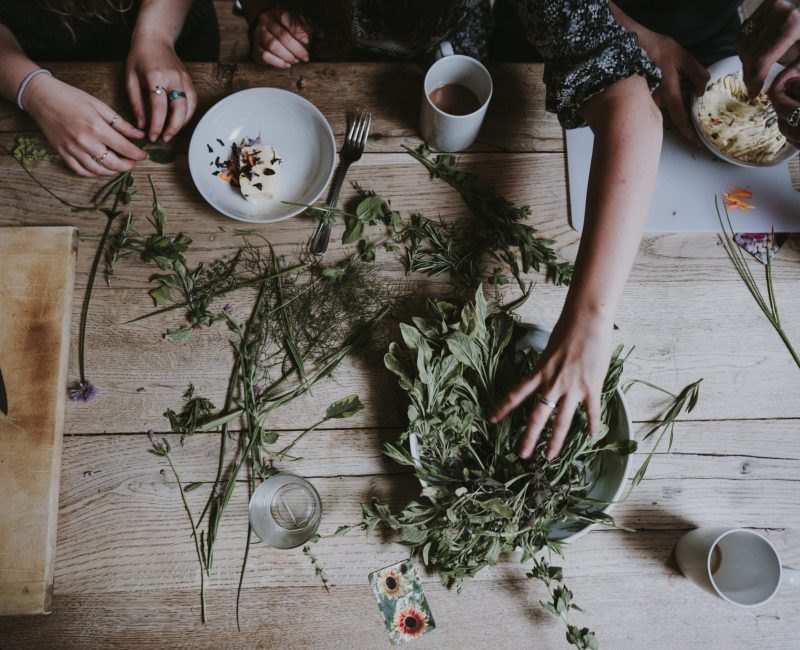Navigating the world of herbal products can be a tedious task. Not only are there different herbs for different ailments, but there are different preparations, standardizations, and opinions when it comes to what’s best. These are common frustrations amongst many individuals diving into the herbal marketplace. Therefore, the role of education falls on the responsibility of community herbalists in order to aid the public in making informed decisions. In this article, I hope to do just that and offer additional resources on how to better prepare herbs yourself and navigate the shelves at your local health food store. .
To begin with, lets first categorize different herbal preparations:
- Water extraction- extracting the medicinal qualities out of herbs using water as the medium. I personally consider water extractions to be the best way to prepare herbs since water is essential to life. There are two ways to prepare herbs through water extractions:
- Infusions– reserved for lighter plant material (leaves, flowers, and stems).
- Infusions are great for extracting vitamins and volatile oils that may be damaged by too much heat.
- When preparing these herbs, add the desired amount of water to a pot. Turn on heat and allow water to come to a boil. Once boiling, immediately turn off the heat. Place your herbs in the hot water and allow them to steep for a minimum of 10 mins. After 10 mins, strain your herbs and enjoy your beverage.
- Decoctions– reserved for berries, roots, barks, mushrooms, and thicker plant material. Decoctions involve preparing plant matter that is thicker. This means to extract the beneficial components within, you will have to offer additional heat and agitation.
- Decoctions extract more minerals, tannins, and bitter principles.
- Begin by adding the desired amount of water to a pot. Turn on the heat and allow the water to come to a boil. Once boiling, turn the heat down low enough so that the water is simmering. Next, add in your herbs and allow to simmer for a minimum of 10 mins. The key here is to make sure that the plant material is moving around (simmering) while in the pot. After 10 mins, strain the material and enjoy.
- When beginning to make water extractions at home, it may be handy to have a few pieces of equipment. A pot, lid, strainer, measuring cup, and heat source are the necessary materials to get started. The lid for the pot plays importance when the aromatics of the plant are necessary. For example, if I’m making a cup of peppermint tea to help digestion, the aromatics of the plant play an important role here. The cooling and stimulating properties of peppermint are necessary in order to impart the medicinal value I am seeking. In order to trap the aromatics, placing a lid on top is necessary so the aromatics don’t precipitate out.
- Tinctures– the two most common preparations are plants extracted in ethanol alcohol (drinking alcohol) or glycerin.
- Alcohol generally pulls a lot of constituents out and is considered to be the 2nd best solvent. However, this may be problematic for individuals who are recovering alcoholics, diabetics, or children.
- When alcohol preparations aren’t ideal, glycerine based tinctures may work well. A weaker extraction however, glycerites may need to be administered in higher quantities in order to reach a therapeutic dose.
- Capsules– powderized plant material placed into a vegetable or gelatin based capsule.
- These preparations can be standardized or focused on specific chemical constituents.
- Capsules work well for plant material that can be hard to tolerate through liquid extraction.
- Be careful though since it can be hard to tell the strength of the preparation when taken in a capsule. Our body isn’t able to fully recognize the plant since the taste is disguised in a capsule form.
These three preparations don’t cover all of the different herbs you may come across. However, they offer a beginning place for the consumer to begin. Play around with different dosages, preparations, and herbs to find out what works best for you. If you are still confused, reach out to a local herbalist for more clarity. Many of them would be excited to hear from you and help you in your unique health journey.
Thanks for reading,
Aron McNicholas
Community Herbalist/Functional Medicine


